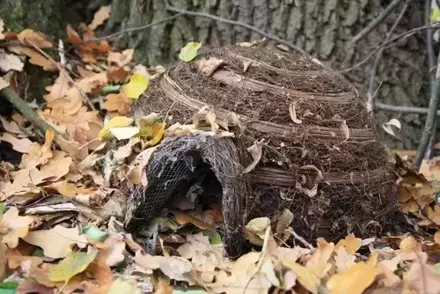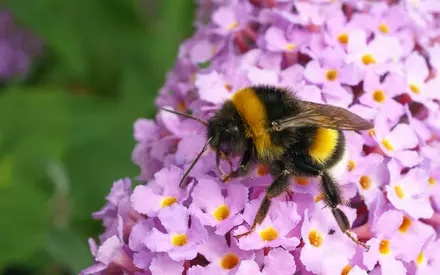Water-Friendly Garden in Summer
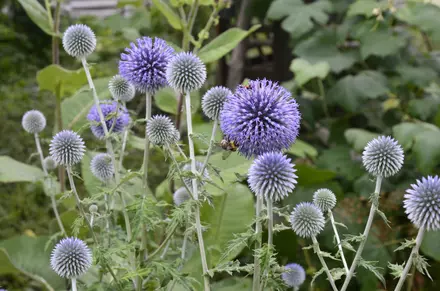
If you want your garden to look lovely during summer, you might think you need to be on top of watering plants every day, but have you ever thought of creating a water-friendly garden? A little preparation helps you take your summer garden to the next level without too much effort. Did you know a water-friendly garden can still look fabulous and colourful? Here’s how to design a drought-resistant garden for summer:
1. Plant drought-resistant plants
To create a dazzling summer display, you want to add colourful flowers and plants to your containers, beddings, and borders. To create a spectacular summer display, you want to add colourful flowers and plants to your containers, beddings, and borders. Luckily, you don’t need a huge amount of water to create a beautiful garden. There are plenty of plants that require little water. Here’s a list of drought-resistant plants:
- Blue Spire is a small shrub that will bring a hint of blue to your garden and can grow to 1.5m tall.
- Lavender is a herb with many uses and can help create a vibrant garden.
- Vervain has bright purple flowers rich in nectar and can reach up to 60cm.
- Salvia, otherwise known as ‘hot lips’, blooms red and white flowers and has a beautiful floral fragrance.
Besides these plants, you can also choose to grow ornamental grasses, like Festuca glauca, Bouteloua gracilis, Andropogon gerardii, Carex buchananii, Cortaderia selloana or Helictotrichon sempervirens.
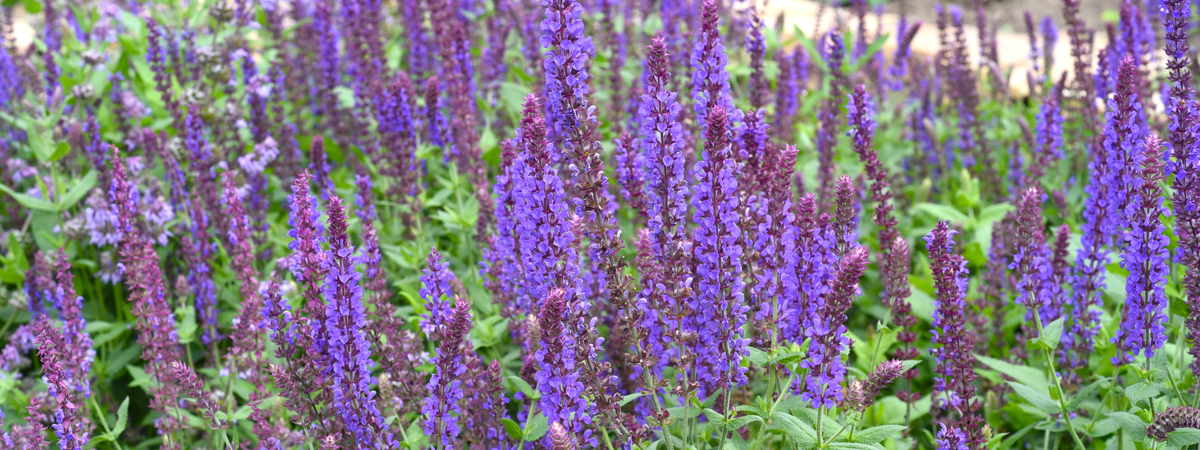
2. Apply mulch
Mulch is a layer of material applied to the top of the soil. You can use straw, chopped leaves, hay, grass clippings, bark, cocoa shells, etc. Besides the fact that a layer of mulch makes your garden look presentable, it also has a functional effect as it helps to save you water. Mulch prevents the growth of weeds and soil from retaining moisture. Apply a layer of mulch to your flower bed to avoid water evaporating during hot spells. Moisture control specialist composts can also help you don't have to water your plants too often.
3. Get rid of weeds
You might think about the advantage of weeding to contribute to a water-friendly garden. Well, weeds soak nutrients and water meant for your bedding plans. If you remove weeds, they can no longer steal nutrients from your other plants.
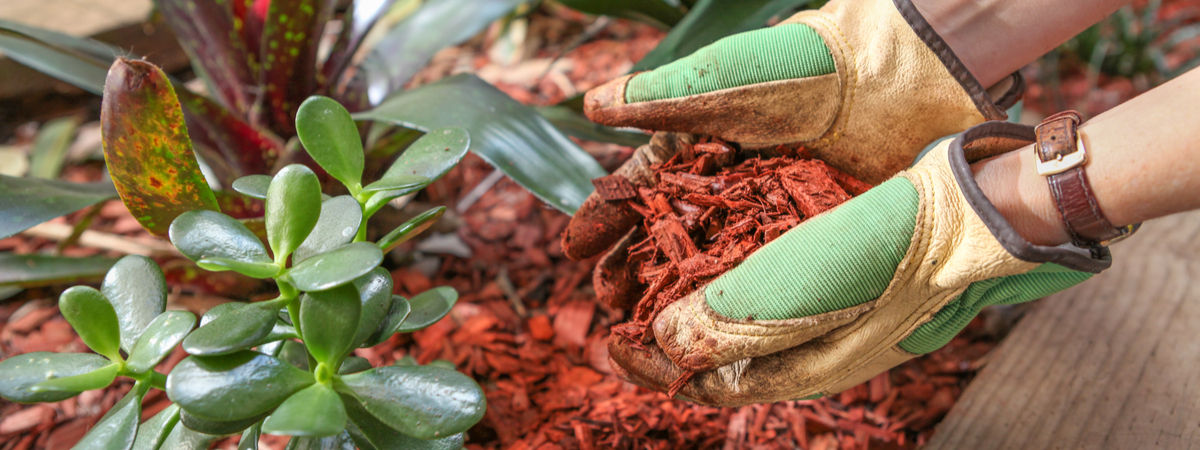
4. Water your garden correctly
We recommend watering your plants in the early morning so the roots have enough time to absorb the moisture. It’s also possible to water your plants in the evening to avoid evaporation. If you water your plants during the heat of the day, too much water will be lost because of evaporation.
5. Install a water butt
If you want to keep your garden plants thriving, you need to water them. To maintain the groundwater level, you don’t want to use too much tapwater during dry spells. Prepare yourself by installing a water butt. Collect free rainwater, which you can use for watering, and cleaning your car and patio or garden furniture. This water is free of charge and free of chalk. Connect a water butt to your water pipe and start collecting rainwater. If you don’t have space for a water butt, you can consider reusing your household water. Put a bucket under the shower while waiting for the water to warm up. Use this excess water for watering indoor and outdoor plants.
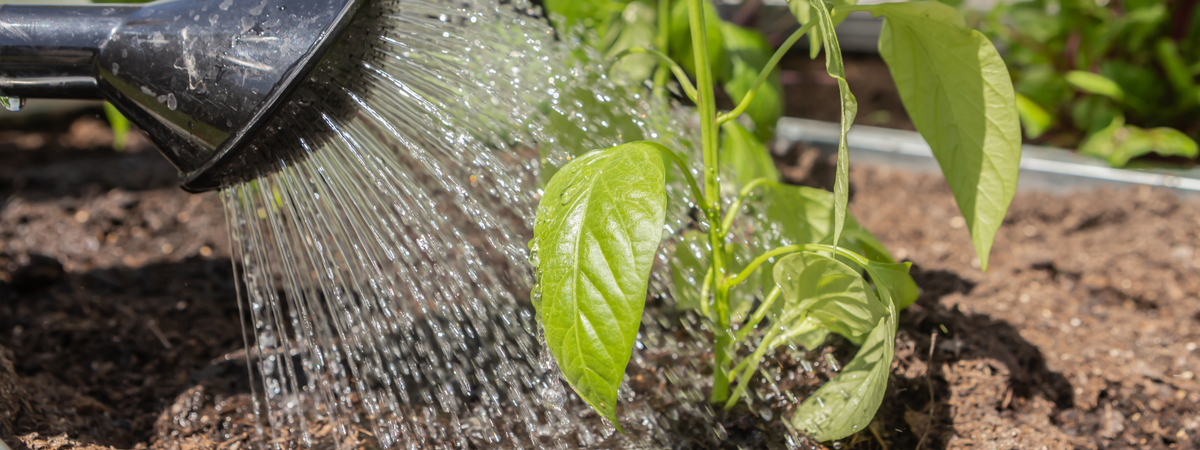
Design a water-friendly garden with the help of independent garden centres
Create a water-friendly environment and enjoy a stunning summer garden at the same time. We stock an extensive range of drought-resistant plants, and our staff loves to give you advice on environmentally-friendly products, such as water butts, automatic water systems and mulch. Please visit our garden centres and get everything you need for a carefree, sweet summer. Visit an independent garden centre near you. You can find your store on our Store Locator page.


